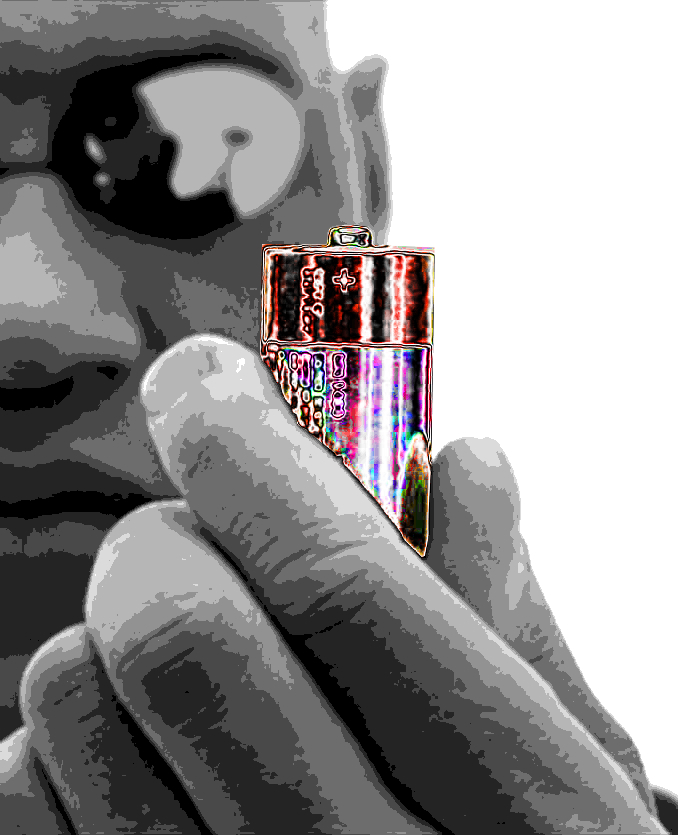ANSTO aids cathode quest
 Australian experts are helping design new cathodes for high-performing sodium ion batteries.
Australian experts are helping design new cathodes for high-performing sodium ion batteries.
Advanced sodium ion batteries are expected to be used for large scale energy storage in coming years, offering a range of benefits, but several big hurdles remain.
In a new study, the Australian Nuclear Science and Technology Organisation (ANSTO) helped work on advanced sodium ion batteries made by French researchers, providing a direction for the design of high-performing sodium ion electrodes.
A new type of electrode material with a high energy density that is also moisture stable was synthesised and characterised by the researchers. The material, O3-NaLi1/3Mn 2/3O2, is a sodium-rich layered oxide that did not show voltage fading on cycling.
ANSTO Instrument scientist Dr Max Avdeev - an expert in the characterisation of materials for lithium and sodium ion batteries and other advanced energy materials - is a co-author of the resulting paper.
Dr Avdeev collected neutron diffraction data using the Echidna high-resolution diffractometer at ANSTO’s Australian Centre for Neutron Scattering to shed a light on the distribution of metals in the structure. The data, which reveals the position of the metal atoms during cycling, was combined with other experimental and computational techniques.
“Neutron diffraction is highly sensitive to light elements, such as lithium and sodium, which provides crucial insights into crystal structure of functional materials,” said Dr Avdeev.
There is growing interest in the concept of sodium-ion batteries as a replacement for lithium-ion cells. This is lithium-ion batteries, largely due to the uneven geographic distribution, high environmental impact and high cost of many of the elements required for lithium-ion batteries. It is expected that lithium, cobalt, copper and nickel, will not be required for many types of sodium-ion batteries. A major advantage of sodium-ion batteries is the high natural abundance of sodium, potentially making commercial production of sodium-ion batteries extremely cheap.








 Print
Print